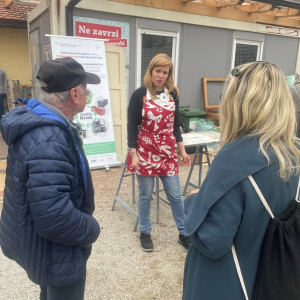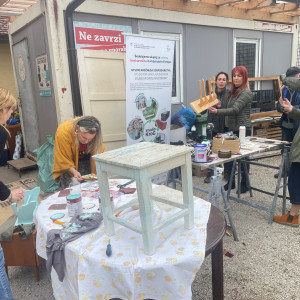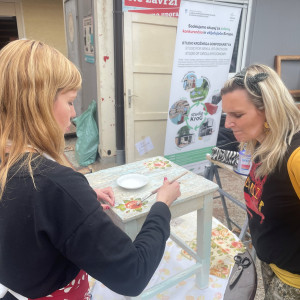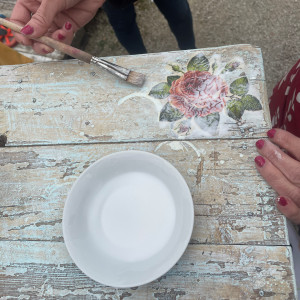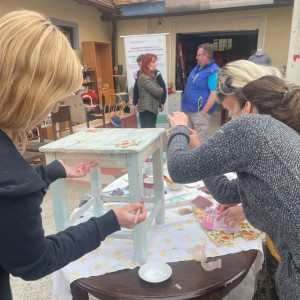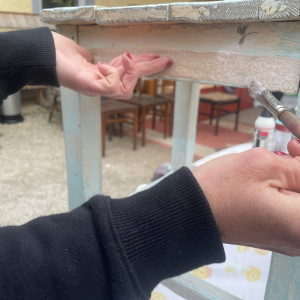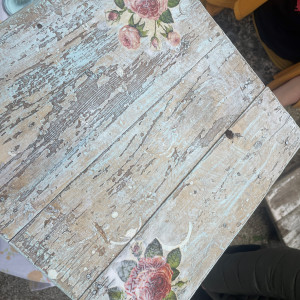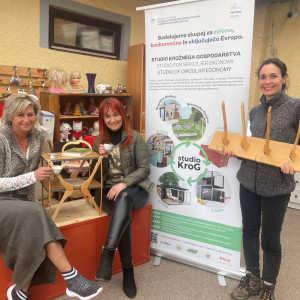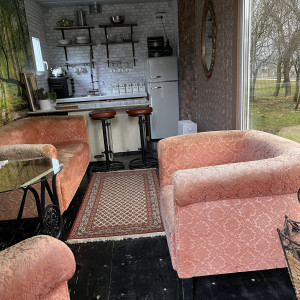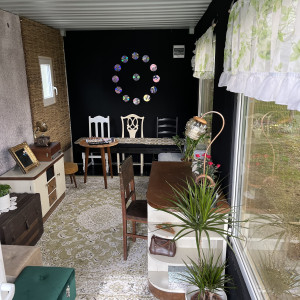

»Working together for a green, competitive and inclusive Europe«

"World Water Day 2023" highlights the IMPORTANCE OF WATER. This year's campaign, called "Accelerating Change", encourages public and private organisations, empowers governments and encourages people to take action in their lifestyles to change the way they use, consume and manage water.
 |
2023 is also a special year because "World Water Day" coincides with the start of the United Nations - UN Water Conference (22 March, New York, USA). |
SOME FACTS ABOUT WATER CONSUMPTION ...
- It takes 20,000 litres of water to produce 1 kg of cotton ...
On average, it takes about 20,000 litres of water to produce 1 kg of cotton. The amount of water used to produce 1 kg of cotton can vary depending on several factors such as location, climate, soil type and irrigation methods used.
However, it should be noted that cotton is often grown in areas where water resources are limited, and the high water consumption of cotton cultivation can have significant environmental and social impacts, including depletion of groundwater resources and competition for water with other crops and communities.
- 1 kg of cotton is used to make 3 to 4 T-shirts ...
The number of T-shirts that can be made from 1 kg of cotton can vary depending on various factors such as the size and style of the T-shirt, the weight and quality of the cotton fabric and the production process used. On average, it takes approximately 250-300 grams of cotton to produce one T-shirt.
|
… SO LET'S BE THE CHANGE WE WANT TO SEE IN OUR COMMUNITIES AND IN THE WORLD... REDUCE OUR WATER FOOTPRINT BY REUSING ALREADY DISCARDED PRODUCTS … |
As we are also celebrating the World Water Day in the framework of the STUDIO OF THE CIRCULAR ECONOMY, project, the project partners organised a workshop to demonstrate the refurbishment of second-hand furniture and other bulky waste, which can also be a "new" resource for reuse. We showed visitors how reusing, repairing or re-designing discarded items can reduce water consumption and that each one of us can make a difference today!
If you would like to restore, repair or reuse a second-hand equipment or product, you are welcome to visit the studio of the Circular Economy in Slovenske Konjice (Tattenbachova ul. 5 D).
GALLERY:
Project Consortium:

|
The »Studio of Circular Economy« benefits from a EUR 776.975,00 EUR grant from Norway. |


